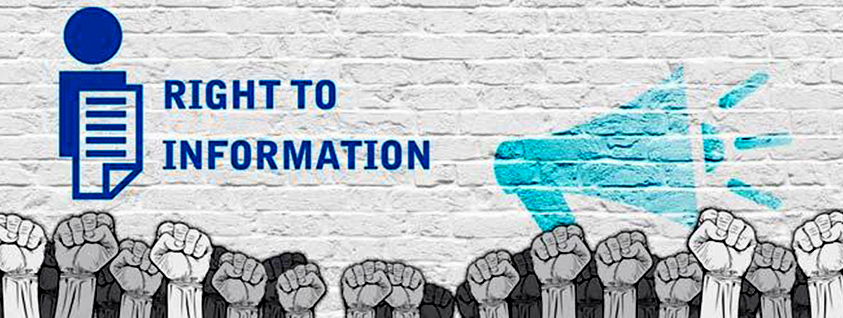NEW DELHI:Can private information of officials held by the government be provided after 20 years as per the Right to Information statutes?
The Central Information Commission (CIC) has decided to constitute a full-bench to adjudicate the crucial matter on a petition of a convict in the 2006 Mumbai train blast case.
Ehtesham Qutubuddin Siddiqui, who has been sentenced to death in the case, approached the Commission after his RTI application seeking a copy of UPSC forms and other records of 12 IPS officers listed by him, was rejected by the Union Home Ministry.
The ministry invoked privacy clause of the Right To Information (RTI) Act which exempts from disclosure personal information of an individual.
Siddiqui, who has been claiming that he was wrongly framed in the blasts case, said the records sought by him are over 20 years old from the date of filing of his RTI application in 2018.
He cited Section 6(3) of the RTI Act which says any information relating to any occurrence, event or matter which has taken place, occurred or happened 20 years before the date on which any request is made under Section 6 shall be provided to any person making a request under that section.
However, this clause allowing disclosure is limited to three types of records under ‘exempted clause’ pertaining to–strategic importance and national interest, breach of privilege of Parliament or State Legislature, and cabinet papers including records of deliberations of Council of Ministers, secretaries and other officers.
“Subject to the provisions of clauses (a), (c) and (i) of sub-section (1), any information relating to any occurrence, event or matter which has taken place, occurred or happened 20 years before the date on which any request is made under Section 6 shall be provided to any person making a request under that section,” it says.
It further says where any question arises as to the date from which the said period of 20 years has to be computed, the decision of the Central Government shall be final, subject to the usual appeals provided for in this Act.
The Home Ministry said the Supreme Court of India in plethora of cases has held that the ‘right to privacy’ is a constitutional right, and hence, this right cannot be overruled by any Act.
“The Commission, after hearing the submissions of both the parties and perusing the records, observes that the issue before the Commission is as to whether by virtue of the provisions contained under sub-section (3) of Section 8 of the RTI Act, the personal information which is in the custody of a public authority is to be disclosed under RTI application after lapse of 20 years,” Chief Information Commissioner Sudhir Bhargava said.
The Right to Privacy is not enumerated as a fundamental right either in terms of Article 21 of the Constitution or otherwise, he said.
“It, however, by reasons of an elaborate explanation of the apex court, has been held to be an essential ingredient of ‘personal liberty’,” Bhargava said.
He said the Supreme Court, in catena of cases, has also emphasised the primacy of the provisions of Constitution, adding the provisions of Constitution will prevail over any enactment of legislature, which itself is a creature of the Constitution.
“In view of the above, the Commission surmises that a decision in this case would have major implications for the implementation of RTI Act. In view of this, the Commission is of the opinion that the matter should be referred to a larger
bench,” the chief information commissioner added.
Siddiqui has been been convicted in the 2006 local train blasts case in which seven RDX bombs exploded in the first class coaches of many suburban trains in Mumbai on July 11, 2006, killing 188 people and injuring 829.
The charge sheet filed by the Anti-Terrorism Squad in November 2006 had named 30 accused, including 17 absconders.
A special court convicted 12 persons, mostly members of the banned Students Islamic Movement of India (SIMI), on September 30, 2015, and acquitted one. Among the 12, five persons, including Siddiqui, were sentenced to death, while the others were awarded life imprisonment.
(AGENCIES)


